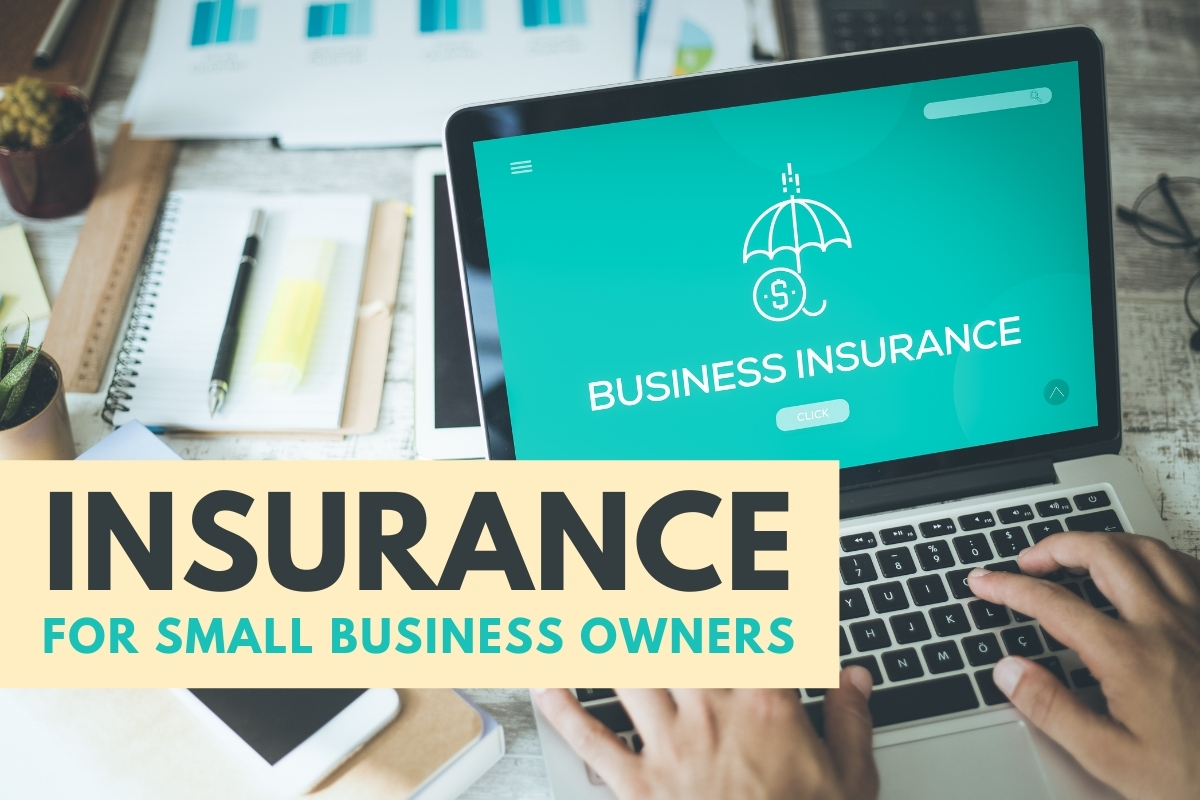This post is provided by Jacob Robinson.
Every small business’s start-up’s journey is individual to the company itself. Even though some of the individual steps along the way might be similar, no two start-up processes are alike. As your organization navigates the start-up process, you might come across points that may not apply to your business, some that might be similar yet still irrelevant, points that apply only to your business, and much more.
Despite this, it is crucial that you consider and understand each point of the start-up process to reduce the risk of overlooking anything important. Since only around 20% of small businesses survive the start-up process, considering the covers you require is vital for ensuring your organization’s and its employees’ safety. To make this task easier, we’ve created this checklist for the types of cover start-up small businesses should implement below:
Commercial General Liability Insurance
For US-based businesses, you will need to invest in commercial general liability insurance to protect your newly started organization from claims that can happen during normal business operations. Commercial general liability insurance can help your business cover the cost of general expenses such as an attorney or medical fees if a claim is made against you for bodily injuries or property damage.
Depending on the type of cover you take out and the provider whose services you enlist, what the insurance covers will vary. Yet, it cannot help businesses with automobile accidents, employee injuries, extra-compensatory damages, professional mistakes, workmanship, or intentional acts.
Commercial general liability insurance, as well as other policies, are available by enlisting the help of providers such as The Hartford, who offer a range of business cover that can be customized for all business’s needs, coverage, and budget. Consider browsing their website or contacting them directly to learn how their services could help your small business navigate the start-up process today and protect it against unforeseen circumstances.
Professional Indemnity Insurance
If your small business provides individuals or other organizations with advice for a fee or handles sensitive data or intellectual property – you will need to invest in professional indemnity insurance. No matter how careful your advisors might be, the window for accidents or misunderstanding is always open.
If an organization or individual loses money or business due to misinformation on your organization’s behalf, they might take legal action against you. Having professional indemnity insurance will cover you against compensation claims and any legal fees. This cover is sometimes essential for professionals such as architects, surveyors, and accountants.
Employers Liability Insurance
Providing that your business employs staff, you will also need to invest in employers’ liability insurance, which covers claims made by workers that have been victims of a workplace accident, illness, or damage.
Before contacting insurance providers about employer’s liability insurance, it might be worthwhile seeing if your small business is eligible for this cover as certain companies are exempt from taking out this kind of coverage. However, it is typically only small businesses that don’t have any employees or ones that only employ family members that are exempt.

